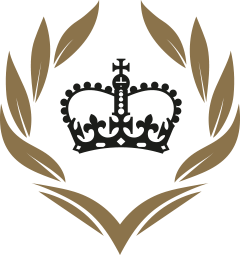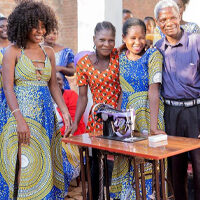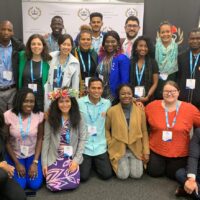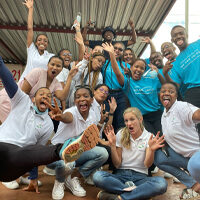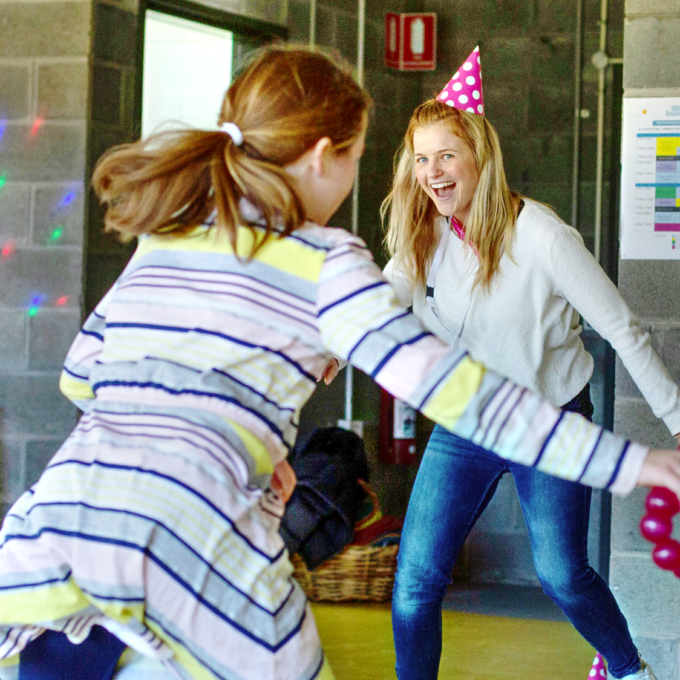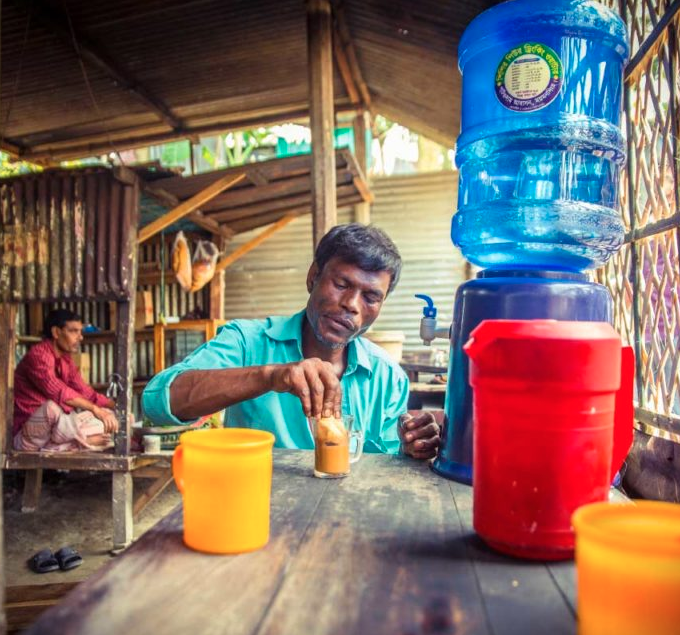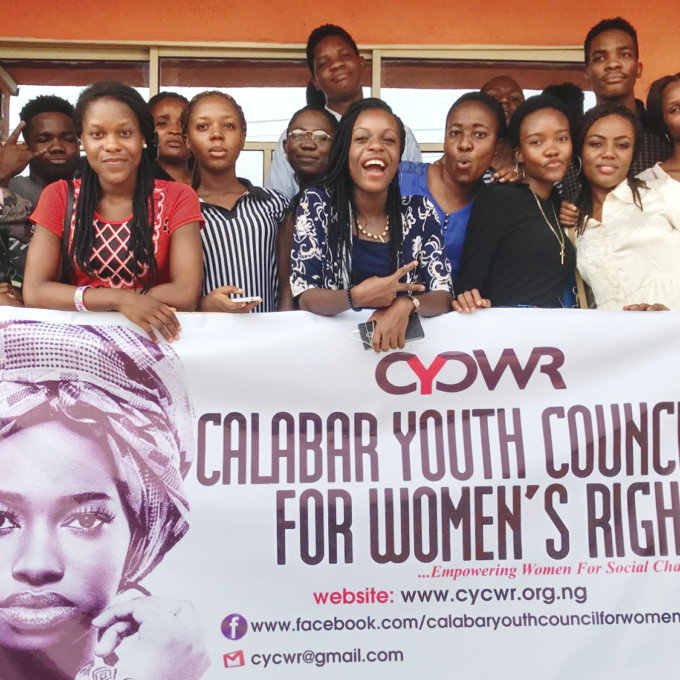South Africa has an estimated 4 million young people unemployed and a shortage of at least 70,000 software engineers – but thankfully it also has the groundbreaking We Think Code_ initiative to reconcile those two issues.
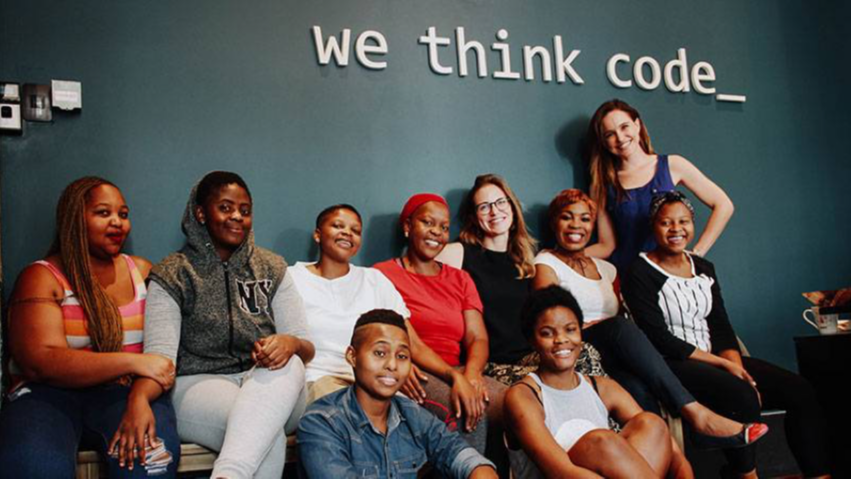
Co-founded by One Young World Ambassador Camille Agon, We Think Code_ (WTC) trains 300 young software engineers at its Johannesburg campus and is planning to open its second campus in Cape Town by the end of this year.
Critically, WTC is open to anyone between the age of 17 and 35, regardless of previous education, socio-economic background or financial means. The course is tuition free to students and sponsored by corporates, who also provide students with internship opportunities and a clear path to employment. “It was very important to us to break the barriers to entry,” says Agon, who co-founded WTC with Arlene Mulder two years ago.
The pair have ambitions to extend the organisation to other African countries and to use it as a basis for tackling some of the continent’s social and environmental challenges.
With this goal in mind, WTC will in August launch its Social Tech Open Project, in which second year students will be tasked to innovate and create digitally-based products and services specifically designed to benefit the environment and social justice.
The Open Social Tech Project will task students in teams of two to four to create tech solutions specifically designed to solve one or more of the UN’s Sustainable Development Goals (SDG) with a focus on the African continent. “The idea is that with the tool of coding and what they are learning here they will be able to use this to solve South Africa’s and Africa’s social and environmental issues,” says Agon.
She and Mulder are guided by their belief that “Africa has the human potential to drive the digital economy”, she adds.
Importantly, WTC enables and encourages young people of diverse backgrounds to work together in a common cause. It uses the Ecole 42 education system, which encourages students to collaborate in solving set problems. “They learn how to learn, so that when they get to the workplace and there is a new technology on the market they are able to learn it very fast, says Agon. “It really promotes the aptitude necessary for the 21st Century workplace.
Corporate sponsors, ranging from telecoms companies and banks to start ups, have come forward to back the scheme and offer WTC software engineers internships lasting two years. The young people are matched to the employer according to their skills and personality says Agon, who originates from Paris.
She studied in America and has lived in London, Buenos Aires and New York before moving to Johannesburg to create WeThinkCode_. Agon started her career as a journalist for TIME Magazine and then joined Corporate Citizenship as a consultant in corporate social responsibility (CSR). She joined French entrepreneur Sebastien Breteau in 2012 to launch the Breteau Foundation for Education with the mission to distribute the best digital education tools to children in developing countries.
It is through the work of the Foundation that she discovered South Africa and the untapped opportunities of training talented African youth for the digital economy.
The Original version of this article was published on One Young World and can be viewed here.
